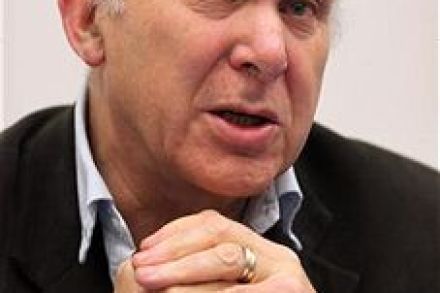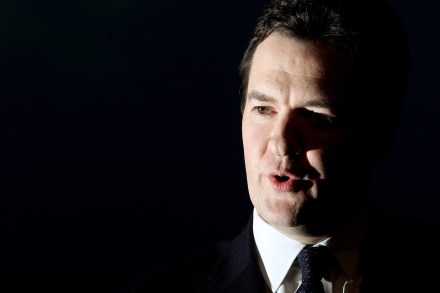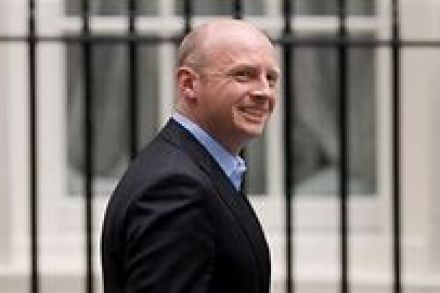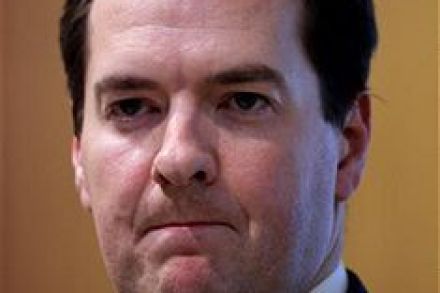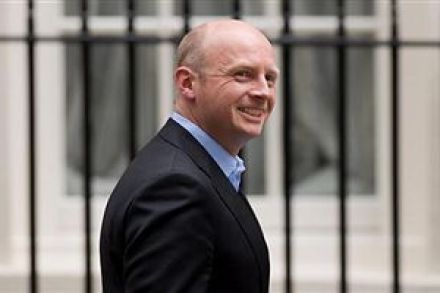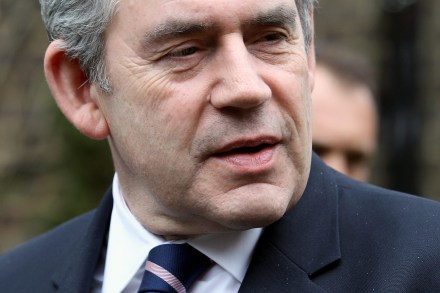Spotting the Budget deceptions
There are, lest you need reminding, two levels of deception on Budget Day. First, there’s the Chancellor’s Budget statement, which is pretty obviously spun to put the best light on things. I refer you to when Brown triumphantly announced a 2p cut in the basic rate of income tax in his final Budget statement, while somehow forgetting to mention that the 10p rate has been abolished. And then there’s a Budget document itself, in which much of the most revealing content is tucked away in appendices and footnotes. Even straightforward spending figures are hard to come by in the Red Book. In which case, we’ll be doing our best to



